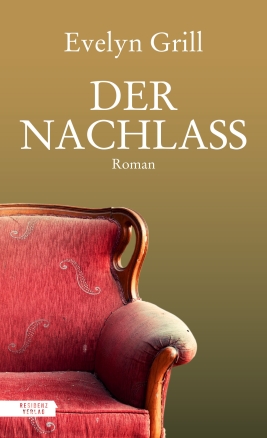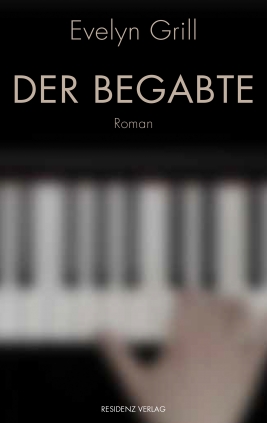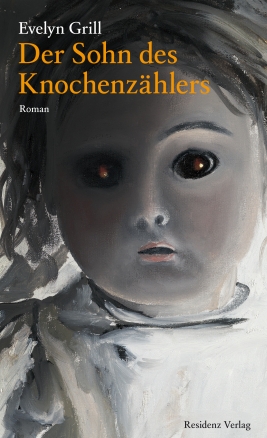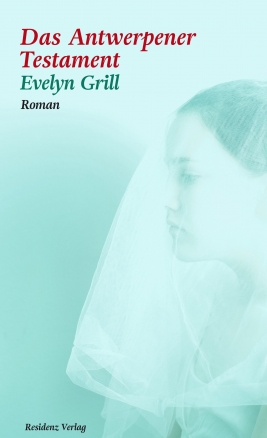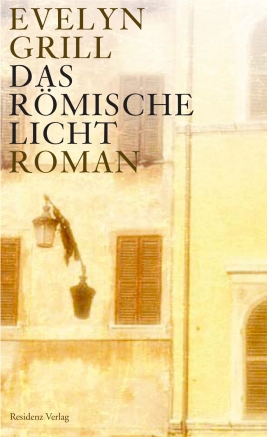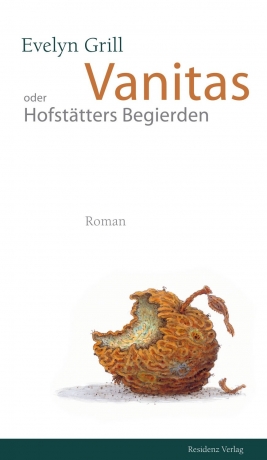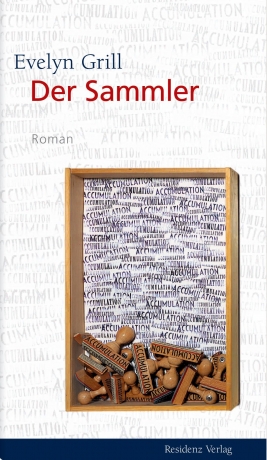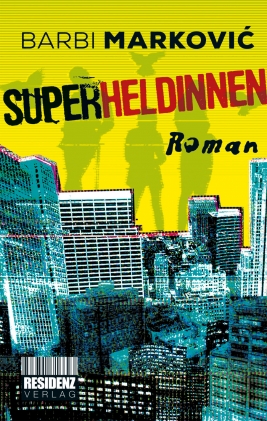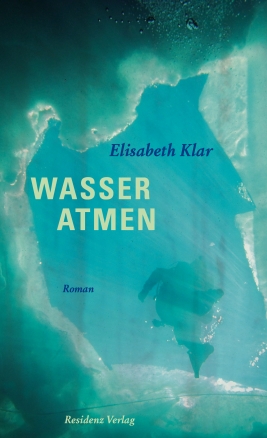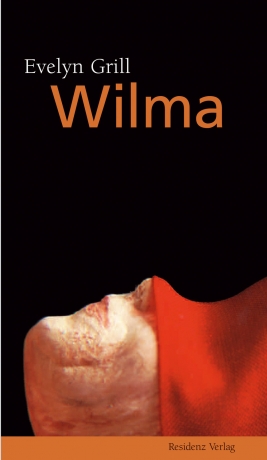
Evelyn Grill - Wilma
Fatal happiness. The story of two women who are driven into a desperate and fatally suffocating embrace by society.
For the people of a remote village in the foothills of the Austrian Alps, Wilma is a spawn of hell, a monster, and surely not one of them: she is a retarded, corpulent and close-lipped child - and a child without parents. Her helplessness, however, engages the love and sympathy of Agnes, a widowed and childless woman, who both embraces and clings to her fosterling. In constant anxiety for Wilma, she tries to protect their little happiness against the locals, youth welfare officials and all external threats. But their happiness is based on dependence, and in a narrow, secluded world, this can prove lethal... In this book, Evelyn Grill demonstrates once more why her recent novels "Vanitas" and "Der Sammler" [The Collector] made her one of the most provocative voices of contemporary German-speaking literature. She writes uncompromisingly succinct, without sentimentality or shallow morality, and she is never afraid to explore the abysmal depths of the human soul. Let’s worship this author! ANTON THUSWALDNER, SALZBURGER NACHRICHTEN Grill loves to search for strange hobbies and weird passions. Great! DER SPIEGEL
Book details
144 pagesformat:110 x 190
ISBN: 9783701714827
Release date: 18.09.2007
License rights
- World rights available






